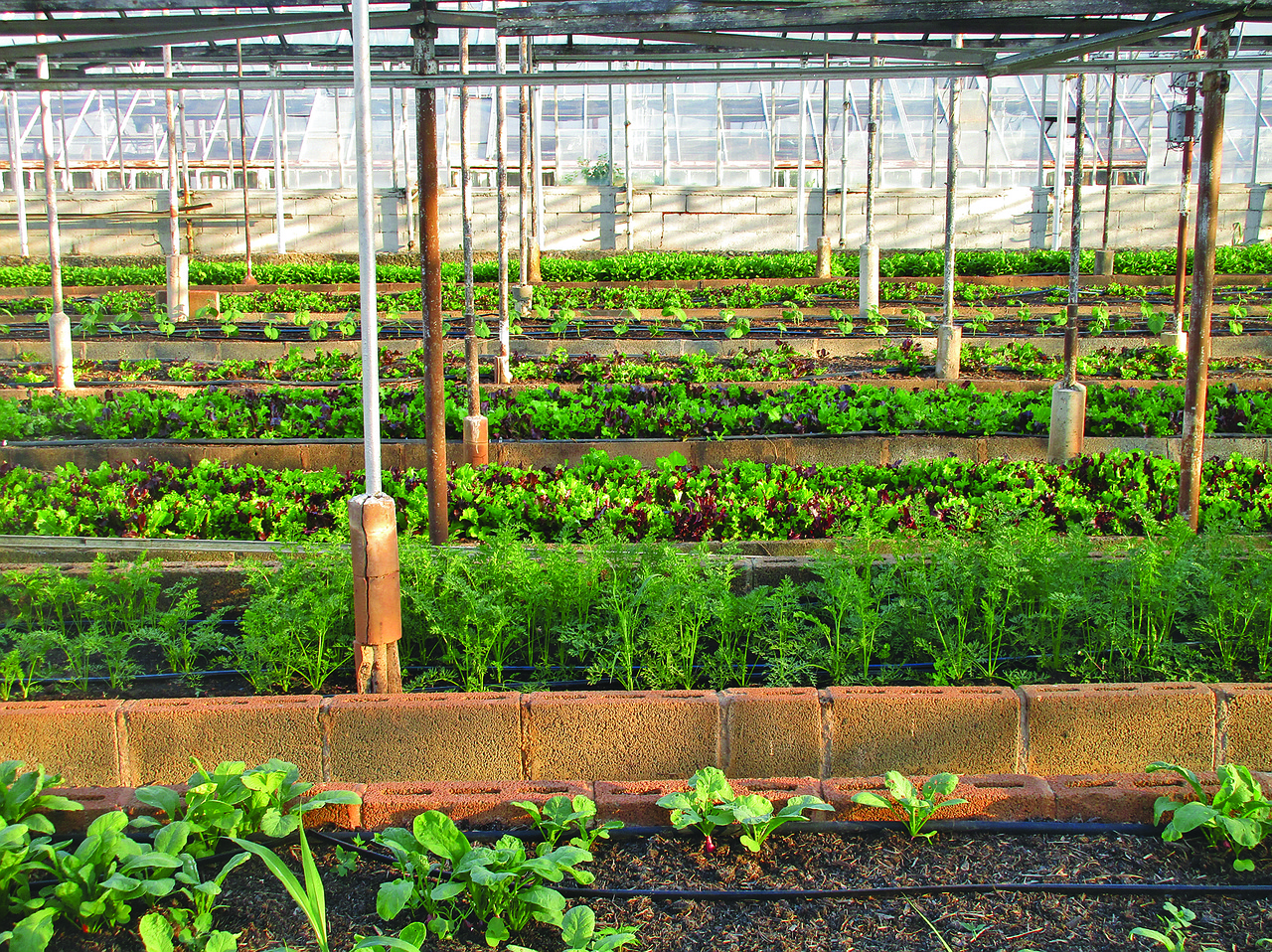The Balkans are known for their tasty ajvar, but not for organic agriculture. The Viennese social startup BioBalkan, founded in 2018. It helps farmers in the poorest region in Europe to switch their agriculture to organic and brings organic Balkan delicacies to Austria.
Organic Ajvar with social impact
Ensuring quality and organic standards of the EU on a farm is a real challenge, says founder and managing director, Hans-Jörg Hummer. The conversion will take about two to three years. For the farmers, this means less income, more work and a lot of bureaucracy. The whole family often works at the farm fighting for their bare survival, explains Hummer, who has 15 years of experience in development policy in the region. BioBalkan accompanies courageous farmers and organizes and finances the initial effort. Organic farming should provide people in the Balkans with a better income and a healthier life in the long term. The distribution by BioBalkan guarantees them a certain decrease of their products.
At the beginning of 2019, the first handmade products from Serbia arrived on the Austrian market. The trading company is certified by Austria Bio Garantie, certified organic. All products are designated according to EU Organic Regulations.
Partners are Social Businesses
Food startup is not just about environmental sustainability, it also has a very high social development aspirations. With Radanska Ruža BioBalkan works together with a company in the Serbian Lebane, which exclusively hires women. BioBalkan seeks out social enterprises in the region as partners who provide jobs to single mothers, the long term unemployed, people with disabilities or minorities. At the moment talks are being held with manufacturers in Macedonia and Bosnia.
On Wednesday evening BioBalkan celebrated its online shop, which went online two weeks ago. There are Malidano, Ajvar and Pindur glasses in a six-pack for 35 Euro available. From autumn, additional products will be added, which are currently still in the test phase. In addition, the delicatessen is distributed in health food stores such as Landkind in Vienna. In Lower Austria and Upper Austria, four shops of Nets. Werk, a shopping community that buys directly from farmers and producers, offer BioBalkan products.
Reaching customers in organic shops
According to Hummer customers are demanding connoisseurs. The distribution network should continue to grow. We are looking for small organic shops. A supermarket or discounter is initially out of the question for Hummer. Our customers are discerning connoisseurs and we reach them in organic shops.
In addition to two private individuals, the Caritas service has a 24.9 percent stake, which also launched the hotel magdas. The hotel, where former refugees and hotel professionals work together, sells organic drinks at the reception. BioBalkan has mainly financed itself by private means. At first, subsidies were used by the Austrian Development Agency and the Business Agency for Social Entrepreneurship.

